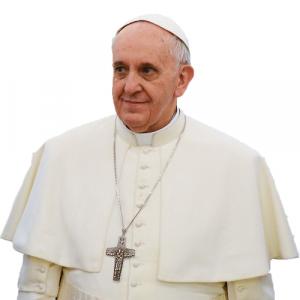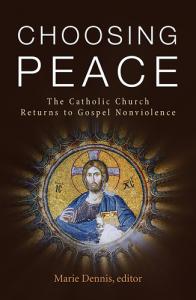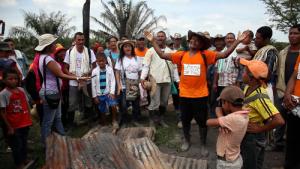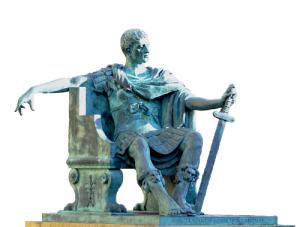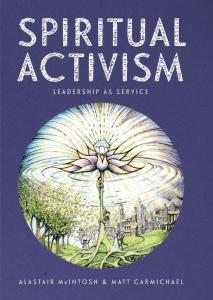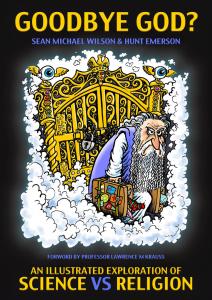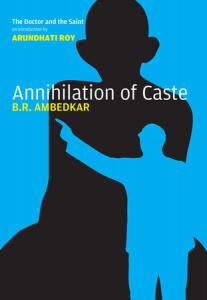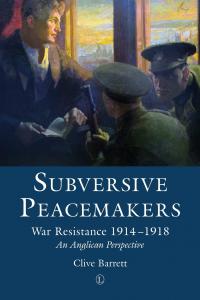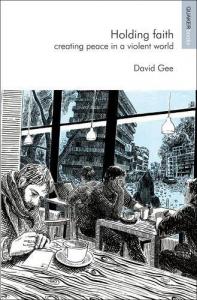It is not often that we see our peace heroes on the big screen. It can be a source of great joy or a complete disaster. So it was with some anxiety that I watched A Hidden Life, written and directed by Terrence Malick, telling the story of Franz Jägerstätter and his wife Franziska (‘Frani’).
The name may be familiar to readers. Franz was an Austrian conscientious objector who refused to serve in Hitler’s army and who was executed in Brandenburg an der Havel in 1943.
…



